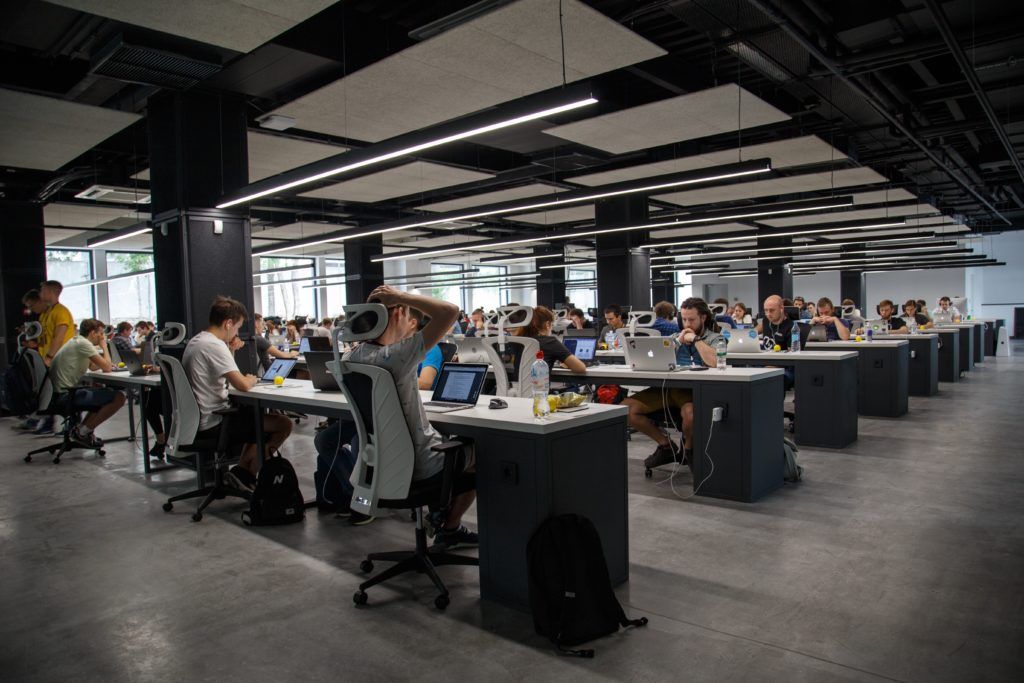Starting a small business and starting a startup isn’t exactly the same thing. By definition and nature, both involve entrepreneurs setting up their own ventures. However, both have very different attributes. A small business focuses on entering an existing market, growing, and being profitable. On the other hand, startups innovate, create unique solutions to problems and disrupt markets. While startups may go on to become billion-dollar companies, the same isn’t the case for small businesses. At best, they may become worth millions. Although both are startups, and both are small businesses at one point, they go on to operate and function in a different manner. That is what we will be exploring in this article. This is, small business vs startup.

Related Article: How to Start a Startup
Nature
Both, small businesses and startups have different characteristics and a distinctive nature. Small businesses usually provide some kind of service, and hire staff on a salary. In order to grow, they will need to increase their staff to meet demand. This is why small businesses have thinner margins and take longer to grow. Startups on the other hand, usually have something to do with software or tech. Once the platform is built, millions of people can use it without the need of adding employees to match the increase in demand.
Secondly, one of the major differences between a small business and a startup is the potential that each has. A startup has the potential to scale and become a big company. By definition, it has this nature. A small business on the other hand provides a service within an existing market and hence can not shoot big. In simpler terms, the driving force and ambition behind is quite different.
Fundraising
Startups raise a large amount of money through friends, family, angel investors, venture capitalists, and even through Initial Public Offering (IPO) if they go on to become that big. Investors expect and typically look for 10 times a return on the money they invest.

Small businesses on the other hand do not really require that kind of funding. So instead of going to an investor, it is better to ask friends or family for money or get a co-founder on board. The co-founder will invest capital in exchange for 50% of the business. You on the other hand will manage and operate the business. This kind of partnership is secure, doable, and perfect for small businesses.
Risk
Startups usually have more risk associated than a small business. A startup owner will bet his money, energy, and prime years of his life on a new idea. The idea might work, but it also might not. Which happens quite often. So startups are very risky to invest your time and money in. Now small businesses also do contain risk, however, the magnitude isn’t as big as it is in a startup. Firstly, a small business owner is entering a market that already exists. That means, that there is already proof of idea. Secondly, small businesses usually fail as a result of poor cash flow or inadequate management. So even though small businesses fail, the probability is much lower as compared to a startup.
I hope you were able to understand small business vs startup. How they are the same at a certain level, yet quite different at the same time. If you have any questions, drop them down in the comments section, or reach out to us via email.

